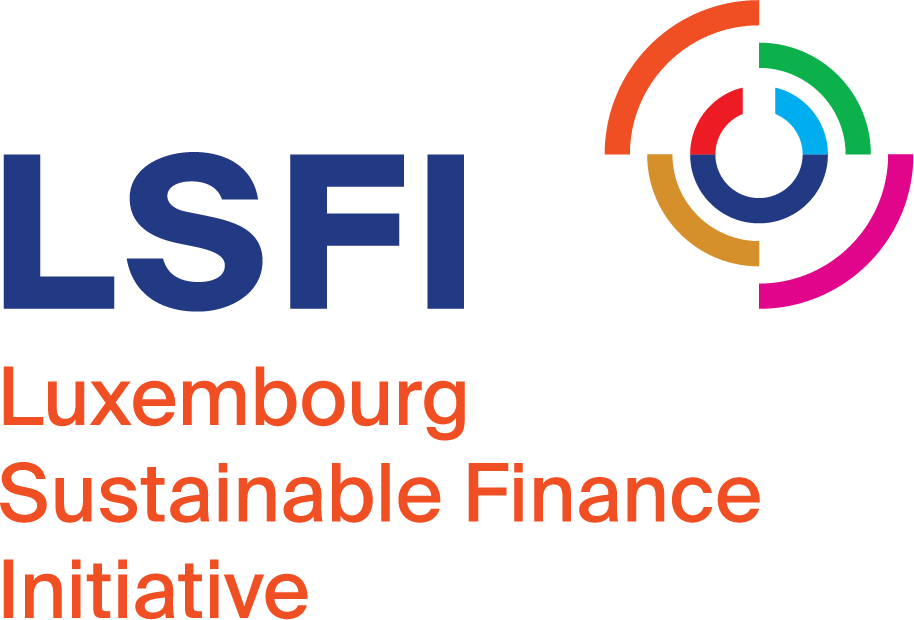Normes pour vous aider à naviguer dans votre démarche de finance durable.
Centre de ressources – Normes ou systèmes de divulgation
Explorer les principales normes ou les systèmes de divulgation qui aident les professionnels de la finance à structurer les informations à communiquer et à divulguer. L’image ci-dessous donne un aperçu des normes, expliquant ce qu’elles sont, ainsi que quand et pourquoi les utiliser. Le tableau ci-dessous donne un aperçu des principales normes pertinentes pour ce domaine. Vous pouvez filtrer par public cible, thèmes, ou effectuer une recherche directe avec des mots-clés. Pour une meilleure expérience, nous recommandons d’ouvrir cette page sur un ordinateur portable et de la visualiser en mode plein écran.
Trouver une norme
| wdt_ID | Name | Description | Targets | Themes | Members / AUM June2024 | Members / AUM Feb2025 |
|---|---|---|---|---|---|---|
| 1 | CDP disclosure system | Measure and manage risks and opportunities on climate change, water security and deforestation, informing decisions & helps engaging with companies. | Companies, Financial Institutions | Biodiversity, Emissions, GHG Emissions, Environment, Water | 700+ investors / $142 tn | 700+ investors / $142 tn |
| 2 | CDSB’s - Accounting for Climate | Identify how climate-related matters should be integrated into companies financial reporting, based on IFRS. | Companies, Financial Institutions | Accounting, Climate-Related, Climate Risk | NA | NA |
| 3 | Climate Bonds Standard (CBS) | Guidance on eligibility criteria, content of framework document, prior and post issuance reporting & review, reviewers & labelling status. | Bond issuers, Capital Markets, Investors | Climate-Related, Environment | $279 billion volume of certified debt | / |
| 4 | Corporate Human Rights Benchmark | Provide a comparative snapshot of the largest and companies in high-risk sectors, looking at the policies, processes, and practices they have in place to systematise their human rights approach and how they respond to allegations. | Companies, Financial Institutions | Human Rights, Social | NA | NA |
| 5 | EFFRAG EU Sustainability Reporting Standards (ESRS) Exposure Drafts (EDs) | Set of standards required under the Corporate Sustainability Reporting Directive (CSRD) proposal covering the full range of sustainability matters. | Companies, Financial Institutions | Biodiversity, Clients Responsibility, Climate-Related, Emissions, Environment, Governance, Pollution, Regulation, Resources, Social, Sustainability, Water, Workforce | NA | NA |
| 6 | European Green Bond Standard (EU GBS) | Standardise how to use green bonds to raise funds on capital markets to finance large-scale investments. | Bond Issuers, Capital Markets, Investors | Climate-Related, Environment | NA | NA |
| 7 | Findatex European ESG Template (EET) | Facilitate the exchange of data between product manufacturer and distributor to fulfill ESG-related regulatory requirements (SFDR, Taxonomy, MiFID II, IDD). | Asset Managers, Banks, Distributors, Insurances, Pension Funds, Product Manufacturers | Environment, Governance, Regulation, Social | 8 / NA | 8 / NA |
| 8 | Financial System Benchmark | Assess and rank the 400 most influential financial institutions on their contribution to global goals, such as the SDGS and the Paris Agreement. | Financial Institutions | SDGs, Sustainability | 400 / NA | 400 / NA |
| 9 | GHG Protocol Corporate Accounting and Reporting Standard | Provide requirements and guidance for preparing a GHG emissions inventory. | Companies, Investors | GHG Emissions | NA | NA |
| 10 | Global Reporting Initiative Standards (GRI) | Report on the impact on economy, environment, and society for sustainability reports. GRI is complementary to SASB standards. | Companies, Financial Institutions | Economic, Environment, Impact, Social | NA | 500+ / NA |
Avertissement – Veuillez noter que la LSFI est une association à but non lucratif visant à soutenir le développement de la finance durable. Le contenu du site web de la LSFI a pour objectif de servir cette mission en fournissant des informations permettant à son audience de mieux comprendre et appréhender les concepts et acteurs de la finance durable. Ce travail ne prétend ni être exhaustif ni favoriser une organisation plutôt qu’une autre. Il ne doit en aucun cas être considéré comme un conseil financier ou juridique.


